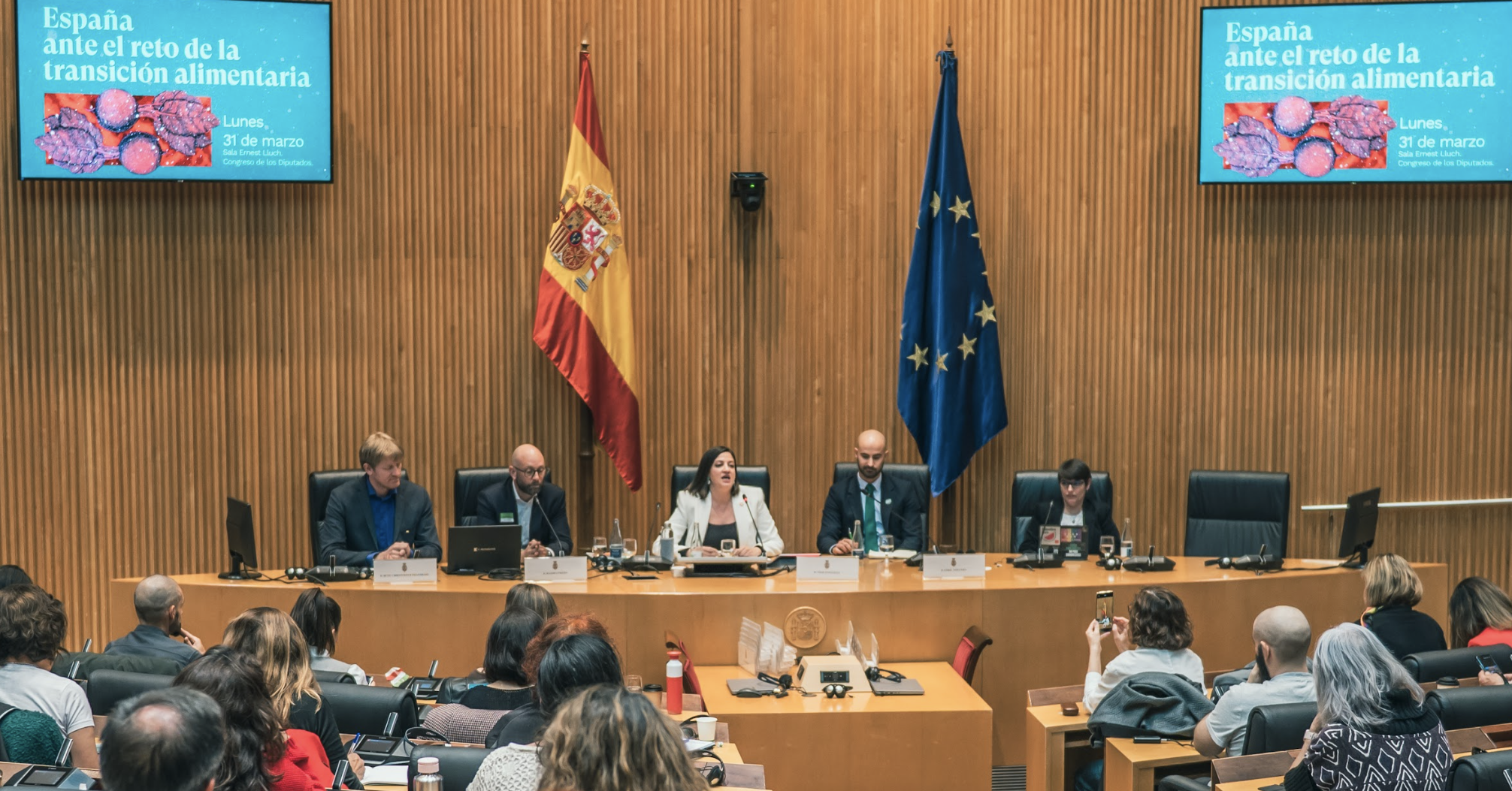Animal Ask is thrilled to announce we’re opening a new application round seeking partnerships with animal advocacy organisations around the world.
Overview
This is an excellent opportunity for organisations that could benefit from dedicated research from our team on any aspect of your animal advocacy work —whether which campaign to choose, or specific research questions you have within your campaigns—.
The deadline for applications is June 3, 2024. If in doubt, we encourage you to err on the side of applying! You can apply by filling out this form.
Thanks to our generous donors we can offer our services to the movement largely pro-bono, particularly for promising organizations that may otherwise not have the resources to conduct such vital research.
What does partnership with Animal Ask look like?
We offer two different services to animal advocacy groups: Ask Prioritisation Program and Ask Consultation Program.
During the duration of both programmes, we also engage with groups by sharing an informative collaboration package, facilitating spaces for discussion, and presenting our final findings in a customised manner.
What kind of outcome should groups expect from each of those programmes?
Our Ask Prioritisation Program helps identify the most impactful campaign opportunities available to organisations working to improve the lives of animals in their region. The outcome of the research program will see Animal Ask recommend several top-tier asks are likely to have the highest expected impact based on our research. As well as potentially some smaller and tractable campaigns targeting existing policy windows. See an example of our past work on behalf of Dyrenes Alliance here.
Our Ask Consultation Program covers requests that do not warrant the full Ask Prioritisation Programme. This could be:
- An extensive report evaluating the impact of one particular campaign option or policy
- Research to bolster the advocacy for an existing campaign. For example, we provided research to Essere Animali on the costs of implementing the humane slaughter of fish.
For more general information about our available programs please see our website, or feel free to book a call with me (@José Ramón Mallén) to discuss whether or how we might be able to help inform or bolster your campaign efforts. For specific, more technical information, feel free to book a call with our Head of Research and Co-founder, @George Bridgwater .
Remember! The deadline for applications is June 3, 2024. Apply here.


